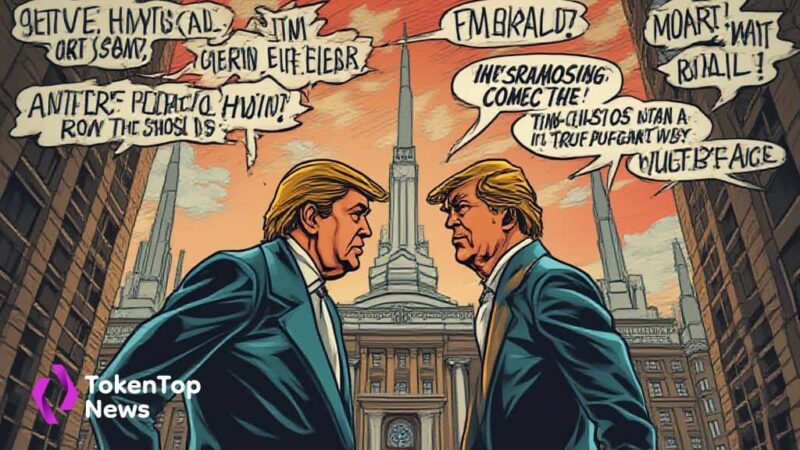SEC Delays Grayscale’s Spot Solana ETF Decision
- SEC delays Solana ETF decision to October 2025.
- Market shows minimal reaction with SOL price up 5%.
- No major statements from Grayscale or Solana leadership.

Grayscale Investments’ proposal for a spot Solana ETF through the New York Stock Exchange has been delayed by the U.S. Securities and Exchange Commission. The SEC’s decision is postponed until October 2025 as part of its ongoing review.
The SEC’s postponement of the Grayscale spot Solana ETF reflects caution in adopting crypto products, impacting potential market integration. Initial market reactions are mild with Solana seeing a slight price increase following the news.
Grayscale’s ETF Proposal
Grayscale Investments aims to launch a spot Solana ETF, yet the SEC extended its decision timeline to 2025. The firm’s goal is to provide wider cryptocurrency market access via the NYSE, but regulatory approval remains pending. Other asset managers, including 21Shares and Bitwise, are also pursuing similar filings amidst Grayscale’s prominent role.
While Grayscale’s ETF filing extension leaves investors awaiting SEC approval, SOL’s value rose by 5% post-announcement. The SEC’s decision indirectly affects Solana’s potential integration into traditional finance, demonstrating ongoing regulatory scrutiny of cryptocurrency products.
“The committee continues to focus on securing the regulatory approval necessary to bring the Solana ETF to market,” Grayscale Investments said.
Historically, the SEC has taken extensive time to evaluate crypto ETFs, consistent with decisions on Bitcoin and Ethereum. Under Chair Gary Gensler, the SEC has been wary about cryptocurrencies such as Solana possibly being securities, complicating approval processes.
Regulatory Environment
Without a clear path for immediate approval, market sentiment remains cautious but not pessimistically targeting extreme outcomes. The SEC’s approach is in line with its previous crypto product evaluations, underscoring the unpredictable nature of regulatory decisions in the industry.
Potential financial outcomes include extended periods of regulatory stagnation for crypto ETFs, delaying broader adoption. Historical patterns suggest these delays may not immediately deter investor interest, yet sustained scrutiny could shape future market structures significantly.




